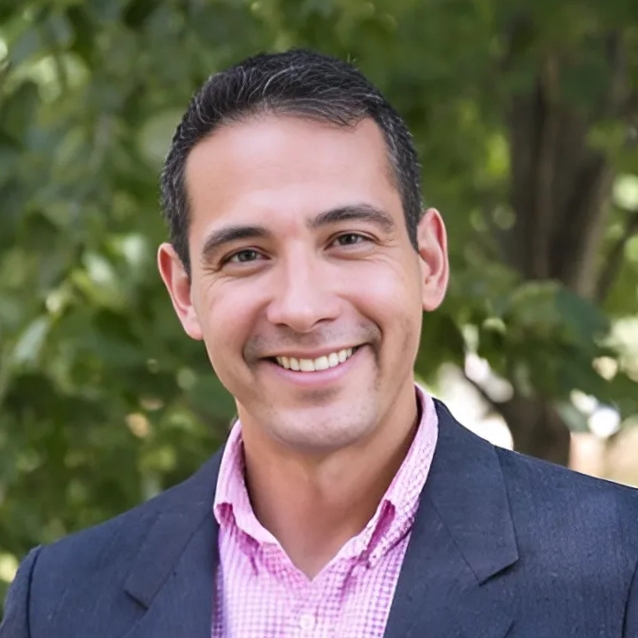Dr. Michael Méndez is an Assistant Professor of Environmental Planning and Policy at the University of California, Irvine. He most recently served as the inaugural James and Mary Pinchot Faculty Fellow in Sustainability Studies at the Yale School of Forestry and Environmental Studies. Michael has more than a decade of senior-level experience in the public and private sectors, where he consulted and actively engaged in the policymaking process. This included working for the California State Legislature as a senior consultant, lobbyist, gubernatorial appointee, and as vice-chair of the Sacramento City Planning Commission.
During his time as a scholar, he has contributed to state and national research policy initiatives, including serving as an advisor to a California Air Resources Board member, and as a participant of the U.S. Global Change Research Program’s workgroup on “Climate Vulnerability and Social Science Perspectives.” Most recently, Michael was appointed by the National Academies of Sciences, Engineering, and Medicine to the Board on Environmental Change and Society (BECS). He also serves as a panel reviewer for the National Academies of Sciences’ Transit Cooperative Research Program (TCRP).
Michael holds three degrees in environmental planning and policy, including a Ph.D. from UC Berkeley’s Department of City and Regional Planning, and a graduate degree from MIT. His research on the intersection of climate change and communities of color has been featured in national publications including Urban Land (published by the Urban Land Institute); the Natural Resources Defense Fund Annual Report; the American Planning Association’s Planning Magazine; Green 2.0: Leadership at Work; USA Today; and Fox Latino News.
Dr. Méndez’s new book, “Climate Change from the Streets,” was published by Yale University Press (2020). The book provides an urgent and timely analysis of the contentious politics of incorporating environmental justice into global climate change policy. Although the science of climate change is clear, policy decisions about how to respond to its effects remain contentious. Even when such decisions claim to be guided by objective knowledge, they are made and implemented through political institutions and relationships—and all the competing interests and power struggles that this implies. Michael tells a timely story of people, place, and power in the context of climate change and inequality. He explores the perspectives and influence low-income people of color bring to their advocacy work on climate change. In California, activist groups have galvanized behind issues such as air pollution, poverty alleviation, and green jobs to advance equitable climate solutions at the local, state, and global levels. Arguing that environmental protection and improving public health are inextricably linked, Michael contends that we must incorporate local knowledge, culture, and history into policymaking to fully address the global complexities of climate change and the real threats facing our local communities. https://yalebooks.yale.edu/book/9780300232158/climate-change-streets
Teaching
Through a combination of social theory, fieldwork, and engagement with civic leaders, the objective of Michael’s teaching is to provide students with a critical understanding of urban problems and the methods needed to address environmental health inequities in neighborhoods.
At Yale, he taught courses on environmental policy, sustainability, health, and equity, with a particular focus on community-engaged learning with state and local policymakers. At the University of Washington, University of San Francisco, and UC Berkeley, he served as the instructor for the Doris Duke Conservation Scholars Program, Urban Sustainability & Environmental Governance Practicum, and the Climate Action Planning Studio. He was appointed the lead graduate student instructor for the following graduate-level courses: Youth Urban Planning Studio; Healthy Cities; Environmental Policy and Regulation Studio; and Introduction to Planning Practice.
Michael also served two years as a research mentor for the Summer Research Opportunity Program (SROP) administered by the graduate division at UC Berkeley. SROP is an intensive academic program for undergraduate students from traditionally disadvantaged communities interested in exploring careers in academia. In the program, he developed pedagogical approaches that required students to engage in community-based research projects with local environmental justice groups.

